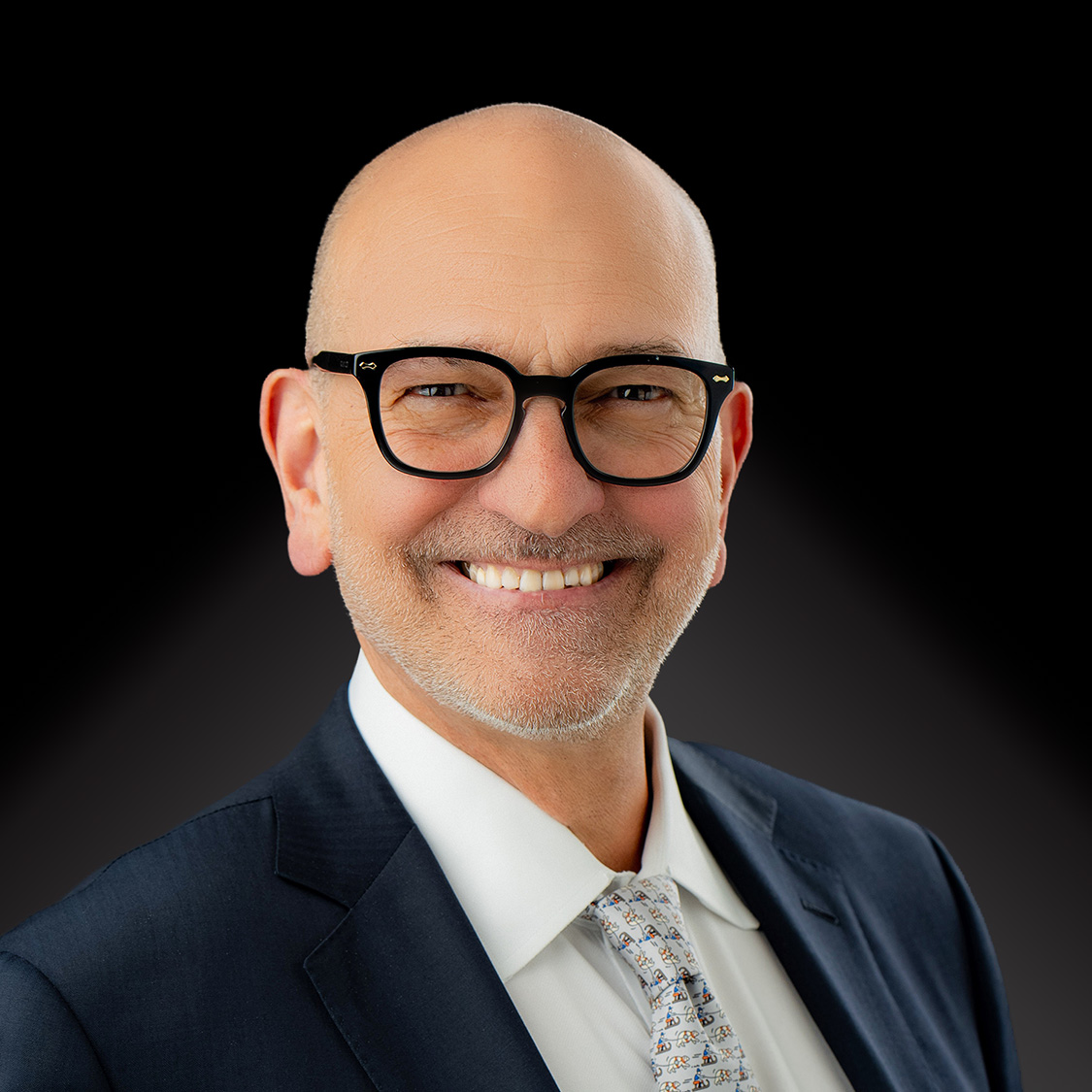
Every year, our senior research team spends a long weekend at a local resort with a small group of leading thinkers in our industry, which we label our Advisory Panel meeting (AP). This year’s meeting was held from May 30 through June 1. We enjoy spending our time this way. I don’t mean spending a weekend at a beachside resort in Southern California consuming gourmet dinners and fine wine. We do enjoy that, of course. But we don’t need to organize our AP to have dinner at a local resort or to open a great bottle of wine. We love to learn. Spending the weekend in the company of thoughtful researchers indulges our curiosity. We have read the published papers of our guests and are aware of their key findings. Still, hearing people explain their work and then debating the subjects provides a deeper learning experience.
In prior APs we have organized the sessions around a common topical theme. This year, we decided to just explore interesting research unconstrained by any common theme. Yet, a theme emerged from our discussions. Charles F. Kettering said, “It ain’t them things you don’t know what gets you into trouble, it’s them things you know for sure what ain’t so.”1 Examples of what we know that ain’t so include: financial theory provides pricing models that predict capital asset returns; consultants’ recommendations predict future returns of investment managers; the equity risk premium is 6%; and secular real GDP growth is 3%.
On Friday evening, the two Nobel Laureates who joined us this year, Harry Markowitz and Vernon Smith, tried to answer the question, why does the public hate us? Harry told us that it’s a failure of education. If we would spend more effort educating the public about the importance of proper financial intermediation to the functioning of our market economy, then much of this ill will might dissipate. Vernon had a darker take. Our industry, more than any other, is guilty of crony capitalism. We are too often gambling with other peoples’ money; taking the profits when we win and putting the losses to the taxpayer when we lose. We are still suffering the consequences of the recent Wall Street bailouts, protecting the politically connected banks at the expense of our main street economy. Much of our industry is a deadweight loss to society, and the public is justified in its disdain. As the discussion proceeded we found a synthesis. We largely agree with Vernon’s critique. But we are also hopeful, that through education, we can encourage voters to elect politicians who will change the policies that perpetuate the crony capitalism rife within our industry.
On Saturday morning, Elroy Dimson entertained us with his deep knowledge of the price of wine. Elroy combined his long family history in the wine business with his professional career as a student of capital markets to create an impressive multifactor model of wine as an investment. We enjoyed his talk because wine is almost as pleasant to talk about as is it is to taste. Elroy’s model failed to persuade us that wine should become an asset class in institutional portfolios, but that was not really the point. Elroy demonstrated, with expert skill, how to create a model to predict the returns of an asset class.
From modeling, we turned to empirical data. Emanuel Moench shared his fascinating findings about the pre-FOMC announcement drift of equity prices. We were convinced by his empirical data that something profound is happening to equity prices on the days before FOMC announcements; most of an average year’s equity market return is earned on just these several days each year! It doesn’t seem to be a data error or a statistical fluke. But we can’t find any model or theory to explain the data. How well do we understand the source of market returns?
Next, we turned to the question whether consultants’ recommendations add value. Given that we are not sure we trust the fine model that Elroy presented and we have no theoretical model at all to explain the empirical findings presented by Emanuel, we should not have been surprised to hear Tim Jenkinson and Amit Goyal present their findings questioning whether consultants’ manager recommendations predict manager’s future returns. We felt sympathy for Tim Hodgson having to defend the consulting industry. In the subsequent discussion, we concluded that the practical purpose of consultants was more avoiding costly mistakes, particularly governance failures, than reliably picking winning money managers.
On Saturday afternoon, Brad Cornell explained the limits of what theoretical models can tell us about capital market prices. Today’s state of the art consumption based capital asset pricing model is a robust theory. But its application puts only wide bounds around a broad range of plausible asset prices. Brad offered a fascinating thought experiment suggesting that the widespread adoption and application of a pricing model, even one that is theoretically incorrect, could become practically correct as a self-fulfilling prophecy. We appreciated the plausibility of the idea even if we were unconvinced that it was a testable theory.
Sunday morning Ivo Welch explored whether the capital asset pricing models that we teach in our business schools actually predict future returns. He presented strong evidence that we should have little, if any, confidence that these models are useful for predicting returns over multiple year horizons. Yet, we teach these models for long-term capital budgeting and to make long-term investment plans. Some of what we teach ain’t so.
In the last session Brian Singer and Rob Arnott explained that to successfully invest we need more than models that extrapolate past data. Brian asserted that understanding how and why our future will differ from the past and monitoring marginal policy changes can help us with macro positioning of portfolios. Rob discussed his work on our demographic headwind, explaining why we should expect slower future economic growth and lower capital market returns than what we have experienced as normal over the past three decades. Also, as our intergenerational transfer payment systems become economically, or at least politically, unsustainable we should expect heightened political turmoil and increased market volatility.
Our clients and business partners pay us to be experts. They want to believe that we know more than we can. We are tempted to allow or even encourage this faith. Overconfidence is necessary for our business success. This year’s AP helped remind us that, not only is there much that we don’t know, but also that some of what we know ain’t so.
Endnotes
- Charles F. Kettering, 1937, “Research and Industry,” Scientific American, vol. 156, no. 5 (May):285–288.

